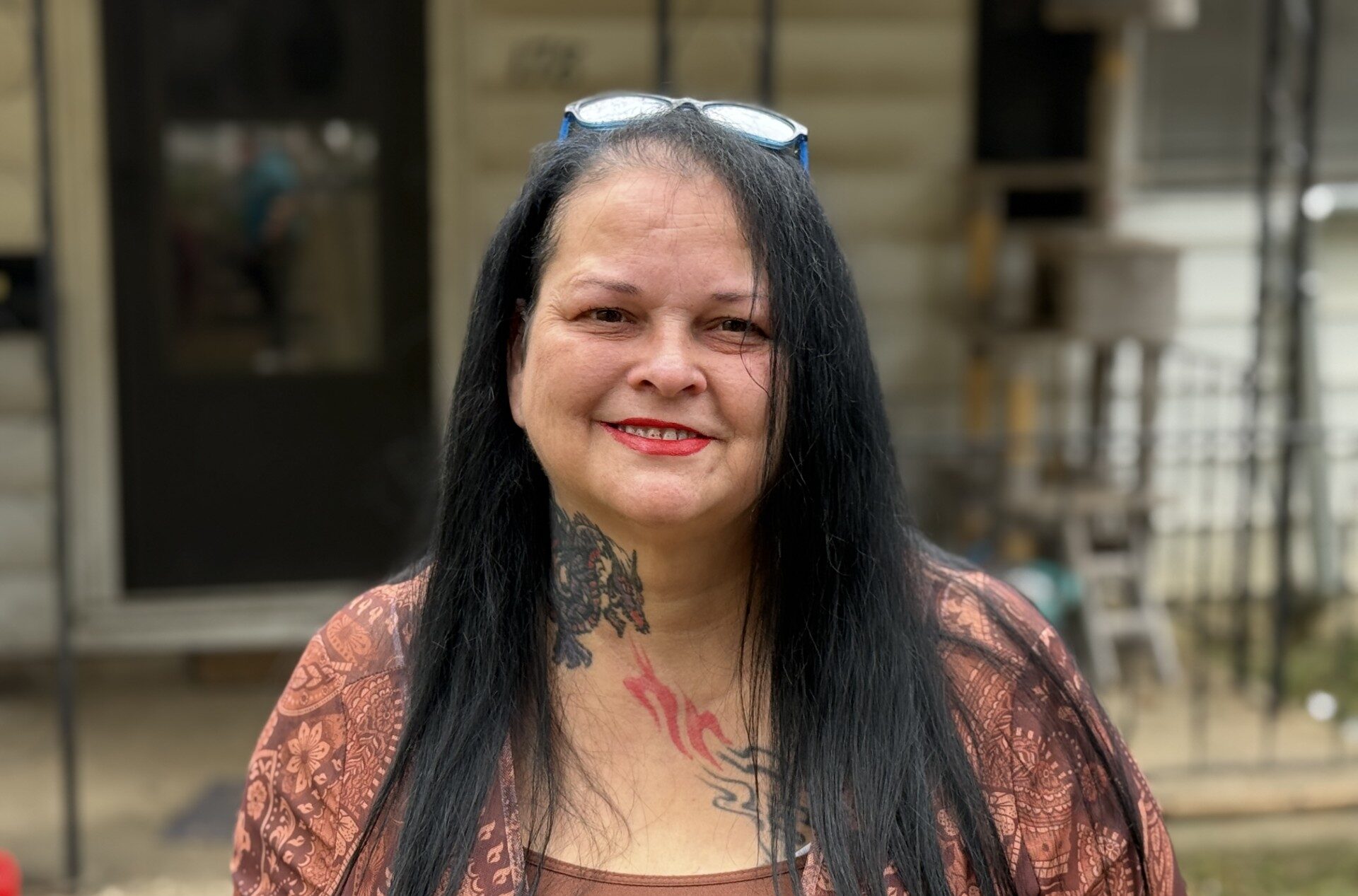For Immediate Release | Media Contact: Jesse Dean, [email protected] or 347-931-0132
The appropriation will provide critical funding for 500 supportive housing units that can end the jail-homelessness cycle for people exiting Rikers.
The New York City Council passed the fiscal year 2025 budget, allocating $6.4 million to fund 500 Justice Involved Supportive Housing (JISH) units for individuals leaving Rikers. This funding is critical for providing supportive housing units that greatly increases the chances for persons with a history of homelessness and incarceration, to achieve stability, recover from substance abuse disorder, manage mental illness, and finally end the jail-to-street homelessness-jail cycle.
The allocation fulfills a 2019 commitment from city officials to expand access to the program and was championed by CSH with City Council Speaker Adrienne Adams, Council Members Sandy Nurse and Carlina Rivera, Freedom Agenda, Vera Institute of Justice, The Fortune Society, and other partners.
Approximately 51% of the population at Rikers, more than 2,500 people each year, struggle with untreated or complex behavioral health conditions. Incarcerating them costs approximately $1.4 billion annually. Without additional housing or support to address their health, many of these individuals upon leaving Rikers, will become homeless or will be re-arrested and return to jail.
In contrast, supportive housing costs $108 million annually, saving the city significant money while also stopping the homelessness-to-jail cycle and assisting in decarcerating Rikers. The JISH program provides individuals exiting Rikers with the higher-level of support they need to re-enter society and thrive in their communities. Several studies show that supportive housing promotes stability, improves connections to health and behavioral health services, and reduces recidivism.
“The city fulfilling its commitment is a major victory for our residents with highly complex barriers to housing and for advocates who have long championed the JISH program,” said Lauren Velez, NYC Associate Director at CSH. “With these additional resources, the program can finally reach its full potential and offer crucial support to New Yorkers while saving taxpayer dollars that would otherwise flow to costly emergency response services.”
“Justice-Involved Supportive Housing is key to increasing public safety and advancing successful re-entry for those returning to our communities from the justice system,” said Speaker Adrienne Adams. “It was one of the many commitments of the plan to close Rikers that remained unfulfilled, because of a shortfall in funding for the vital services that accompany the housing. It has been a Council priority to invest in proven safety solutions and secure the necessary funding for JISH over several budgets, and the Council is proud to invest $6.4 million of its own funding to close the gap for these housing units to be realized. Moving forward, it will require the Administration to baseline these funds and fulfill its obligation.”
“Supportive housing is a lifeline for justice-involved individuals, offering them stability and a chance to rebuild their lives. We are deeply gratified by the Council’s commitment to fully fund the JISH program, ensuring both the maintenance of current units and the creation of new ones. This crucial investment underscores our dedication to providing real opportunities for successful reintegration and lasting positive change in our communities,” said Council Member Sandy Nurse (D-37).
“Too often New Yorkers exit incarceration into the shelter system, making it more difficult to successfully reintegrate into the community and achieve stability. Access to supportive housing is an important intervention for individuals involved with the criminal legal system that centers compassion and dignity with access to programming and support. I am proud to have helped secure $6.4 million for JISH and look forward to continued work in coalition to support the most vulnerable residents of our city,” said Council Member Carlina Rivera (D-02).
Darren Mack, Co-Director of Freedom Agenda said, “We are grateful that City Council responded to the tireless advocacy of formerly incarcerated people and allies to add funding for the JISH program in this year’s budget. Because of their commitment to funding true solutions for community safety and well-being, New York City will finally be able to create 380 more JISH units to break the jail to shelter cycle. We hope the administration will work with providers to get these units up and running immediately.“
Jullian Harris-Calvin, director of the Vera Institute of Justice’s Greater Justice New York initiative, said: “We applaud the City Council for securing $6.4 million for Justice-Involved Supportive Housing (JISH). Enabling justice-involved New Yorkers to access housing and supportive services helps interrupt cycles of instability, addressing the root causes of crime and keeping communities safe—all without relying on incarceration, which is costly, deadly, and increases the likelihood of rearrest. In addition, judges are often hesitant to release individuals who are unhoused back to their communities to await trial; greater access to JISH will enable some of the decarceration needed to close Rikers Island once and for all. This investment shows that the City Council is serious about safety, and we commend their focus on preventing crime before it happens rather than just reacting in its aftermath.”
The $6.4 million allocation will enhance the services funding for the 500 JISH units to keep up with today’s services costs, staff wages, and the higher service needs of the JISH population.
Formerly incarcerated people, housing providers, and advocates from across the city came together to support the JISH request, including 43 organizations and nearly 80 individuals urging their support.
“CSH is grateful for the leadership of the New York City Council, especially Speaker Adams and Council Members Rivera and Nurse, and an outstanding number of advocates. After last week’s Supreme Court ruling in the Grants Pass v Johnson case, which overturned constitutional protections for people experiencing homelessness and exposes them to fines, arrests, and incarceration, their leadership proves that policymakers have a choice in responding to homelessness with data-driven solutions. We thank them for recognizing that supportive housing is a cost-effective, proven solution for breaking the homeless to jail cycle,” said Deborah De Santis, CSH President and CEO.


